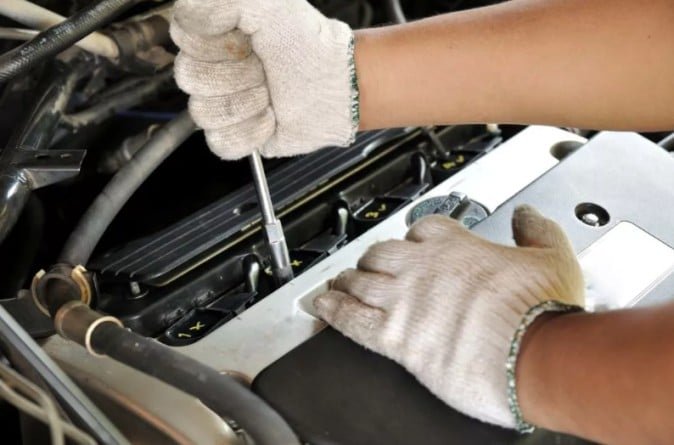Common Causes of Engine Failure in Vehicles
Engine failure in vehicles can be a frustrating and costly problem. It can leave you stranded on the side of the road and in need of expensive repairs. Understanding the possible causes of engine failure can help you prevent it from happening and prolong the life of your vehicle. Here are some common reasons why engines fail:
1. Lack of Maintenance
One of the leading causes of engine failure is a lack of regular maintenance. Neglecting to change the oil and oil filter, not replacing worn-out belts and hoses, and failing to perform routine inspections can all contribute to engine problems. Over time, the lack of maintenance can lead to a buildup of dirt and sludge in the engine, causing it to overheat and eventually fail.
2. Overheating
Engines rely on a cooling system to regulate their temperature. If the cooling system fails or becomes compromised, the engine can overheat. This can happen due to a malfunctioning radiator, a faulty thermostat, or a leak in the cooling system. When an engine overheats, it can cause severe damage to internal components, leading to engine failure.
3. Oil Leaks
Oil is essential for lubricating the moving parts of an engine and preventing friction and overheating. If there is a leak in the oil system, the engine may not receive an adequate supply of oil, leading to increased friction and wear. Over time, this can cause the engine to fail. Common causes of oil leaks include worn-out gaskets, seals, or oil pan damage.
4. Fuel System Issues
A malfunctioning fuel system can also contribute to engine failure. Problems such as a clogged fuel filter, a faulty fuel pump, or a fuel injector failure can disrupt the proper fuel flow to the engine. Without enough fuel or with impurities in the fuel, the engine may not run smoothly or may fail altogether.
5. Ignition System Failure
The ignition system is responsible for starting the engine and keeping it running. If any component of the ignition system fails, such as the spark plugs, ignition coils, or ignition control module, the engine may misfire or fail to start. Ignition system failure can be caused by wear and tear, electrical issues, or faulty components.
6. Timing Belt or Chain Failure
The timing belt or chain is responsible for synchronizing the movement of the engine’s camshaft and crankshaft. If the timing belt or chain breaks or becomes misaligned, the engine’s valves and pistons can collide, causing extensive damage. Regular replacement of the timing belt or chain is crucial to prevent engine failure.
7. Overloading or Misusing the Vehicle
Overloading a vehicle beyond its recommended capacity or using it for purposes it was not designed for can put excessive strain on the engine. This can lead to overheating, increased wear and tear, and ultimately engine failure. It’s important to follow the manufacturer’s guidelines and use the vehicle within its intended limits.
8. Manufacturing Defects
In some cases, engine failure can occur due to manufacturing defects or faulty components. These defects may not become apparent until the vehicle has been in use for some time. If you suspect a manufacturing defect, it’s important to contact the manufacturer or a qualified technician to have the issue diagnosed and resolved.
In conclusion, engine failure in vehicles can be caused by a variety of factors, including a lack of maintenance, overheating, oil leaks, fuel system issues, ignition system failure, timing belt or chain failure, overloading or misusing the vehicle, and manufacturing defects. By taking proper care of your vehicle and addressing any issues promptly, you can reduce the risk of engine failure and enjoy a reliable and long-lasting vehicle. Read more 10 most common car engine problems and its solution here.

